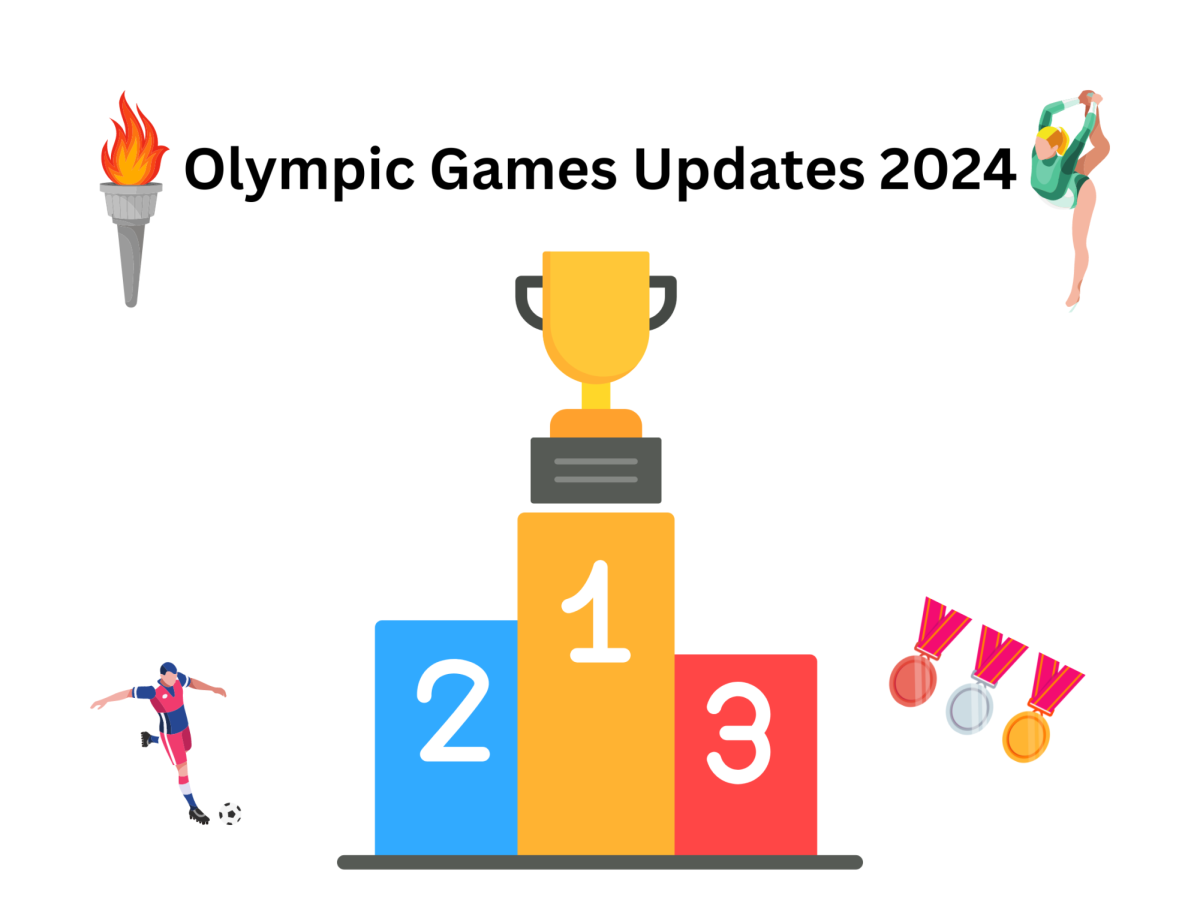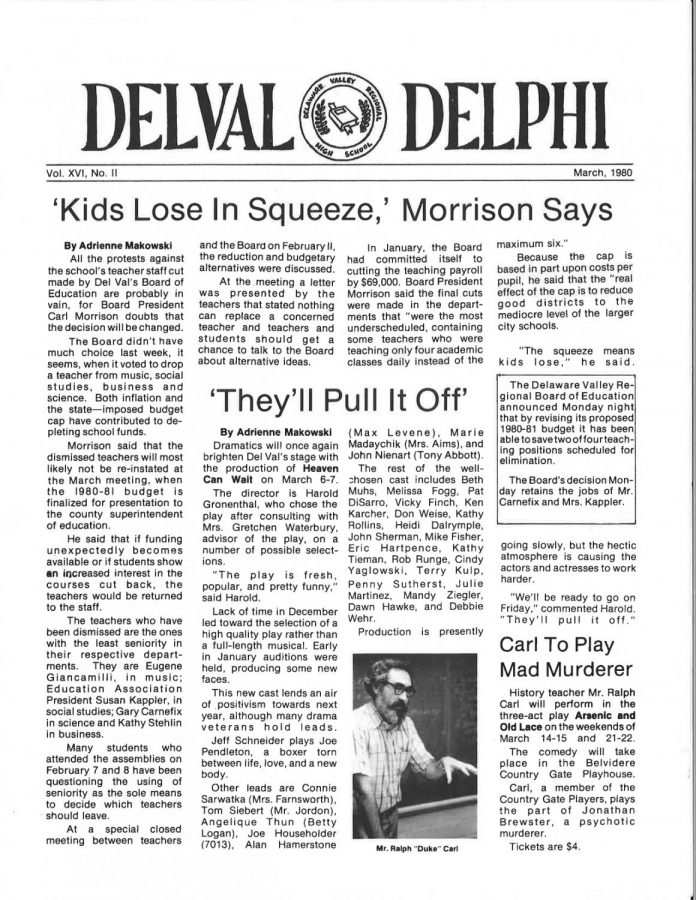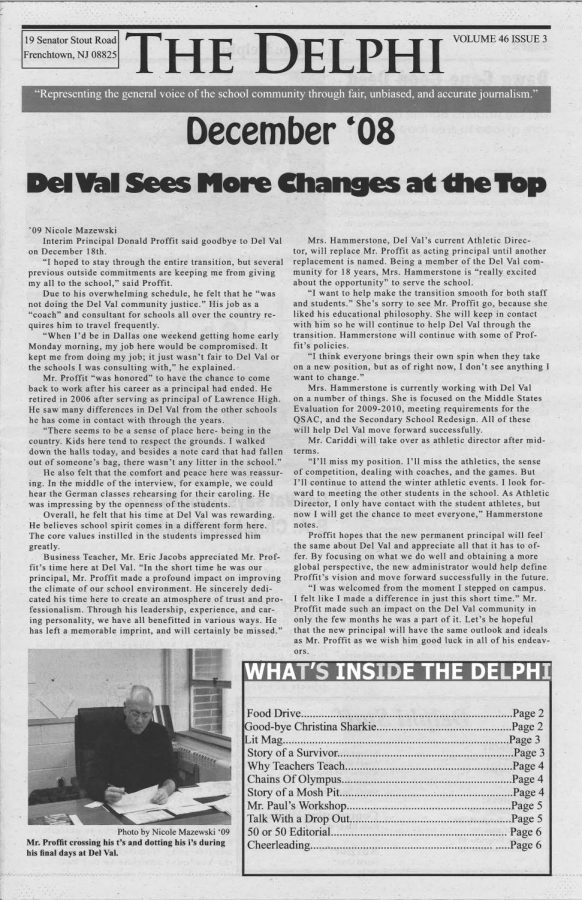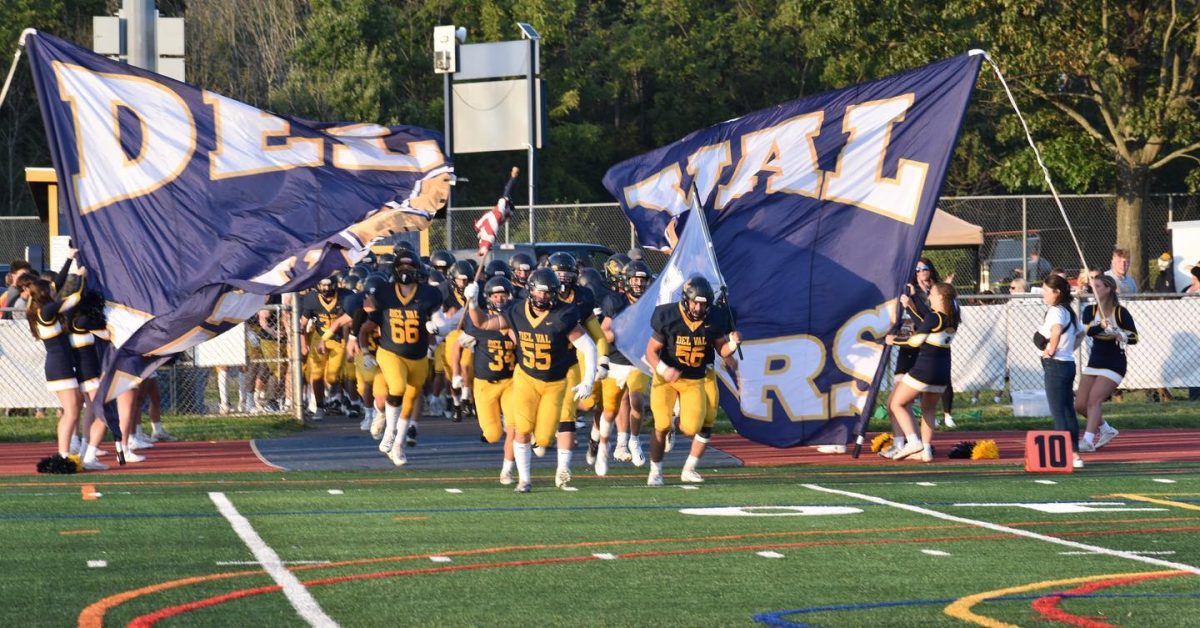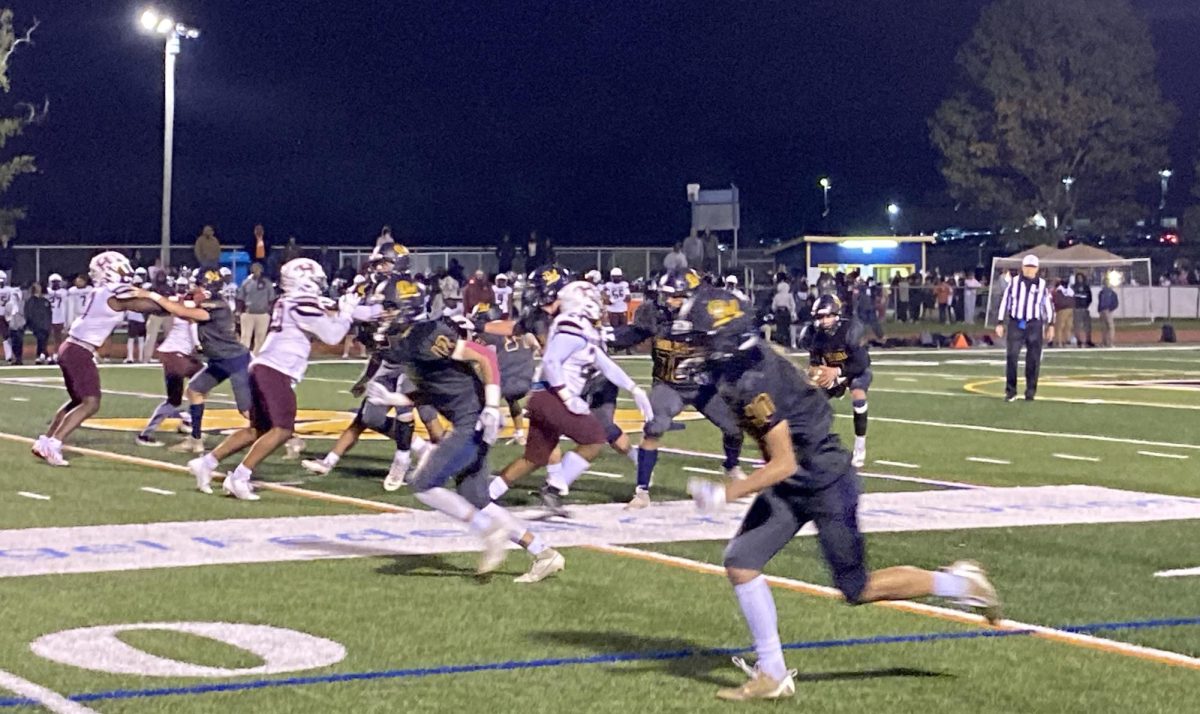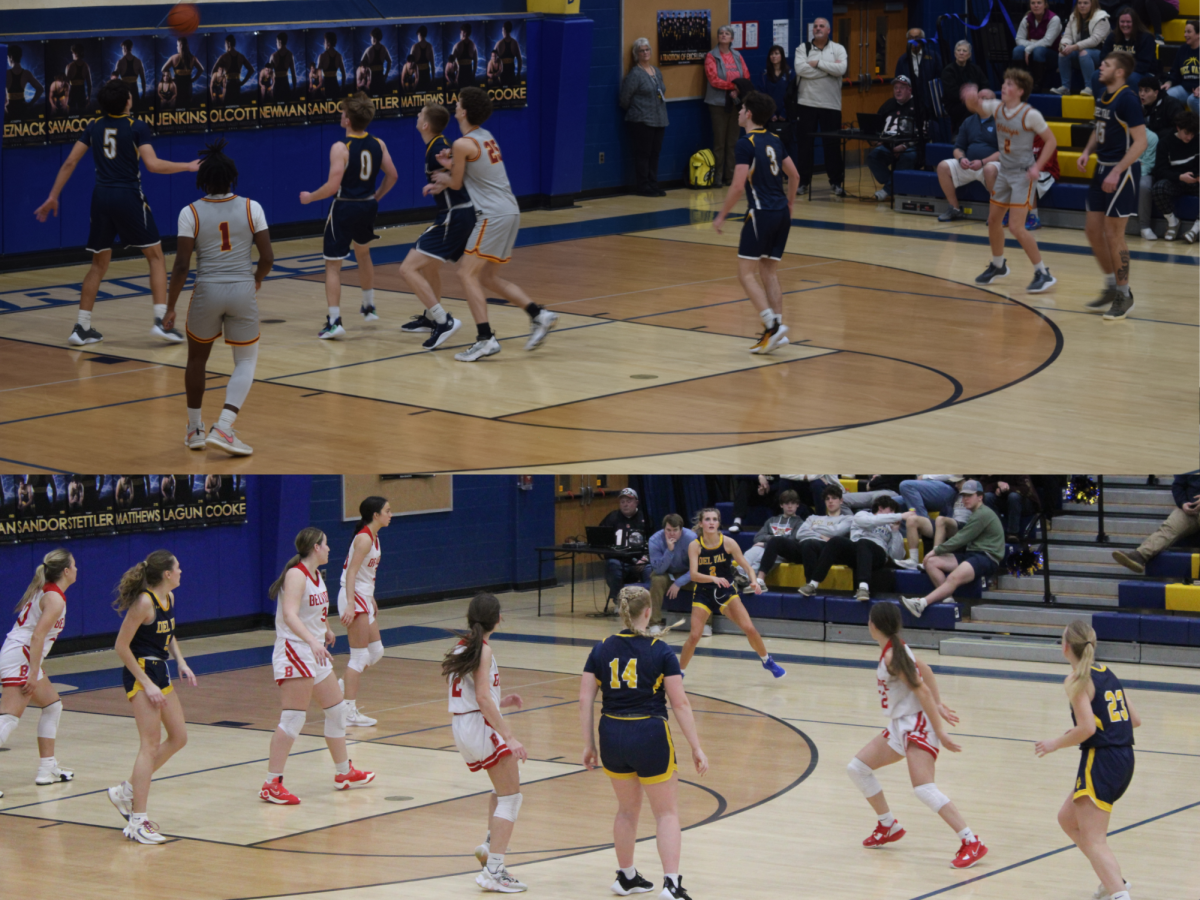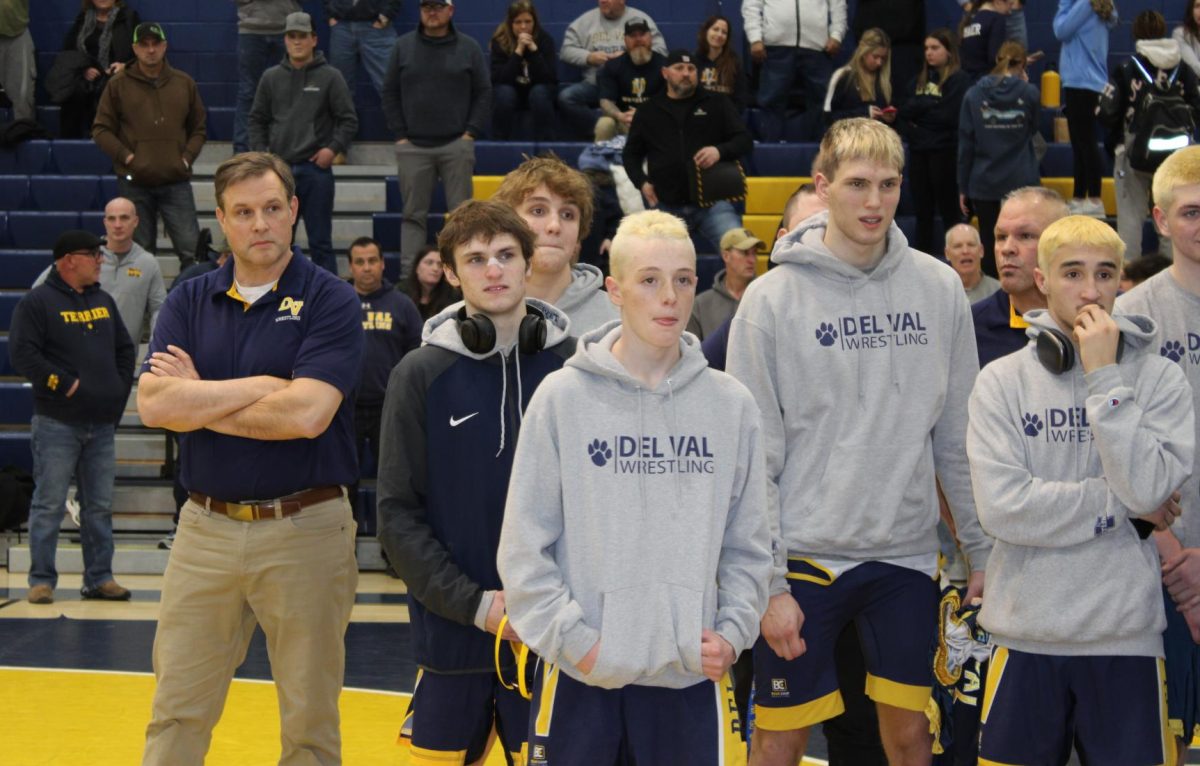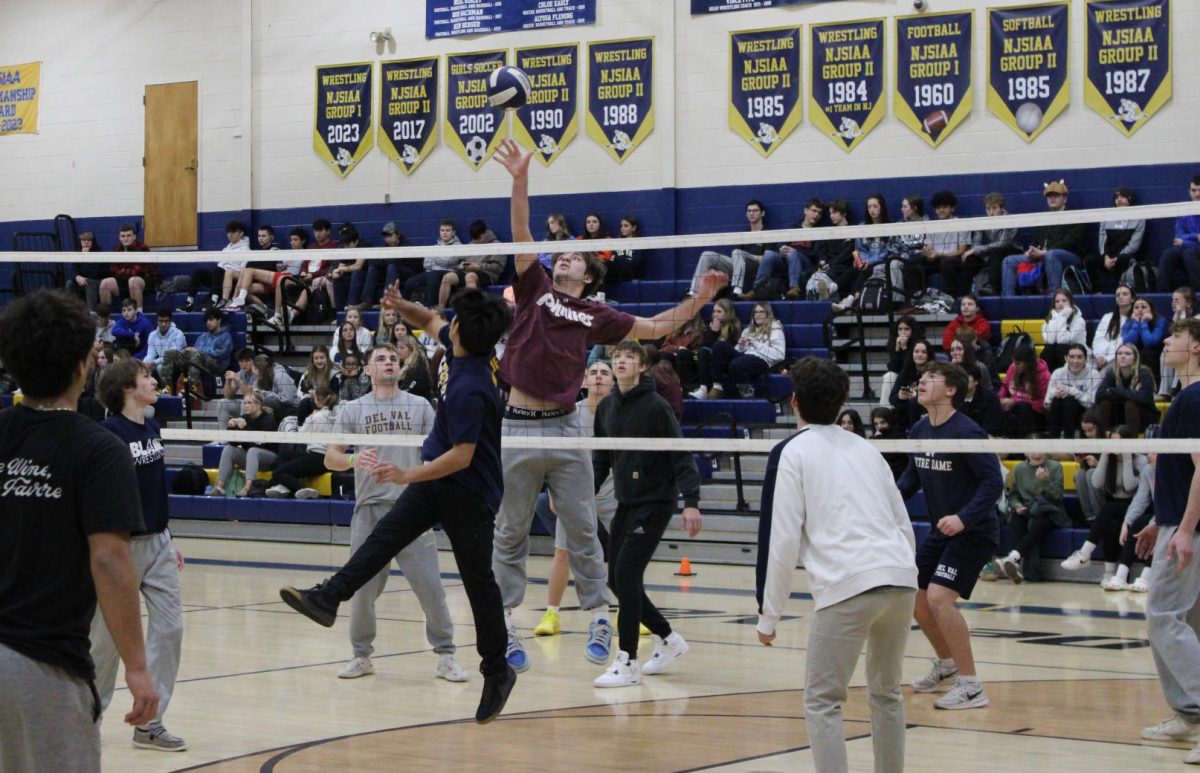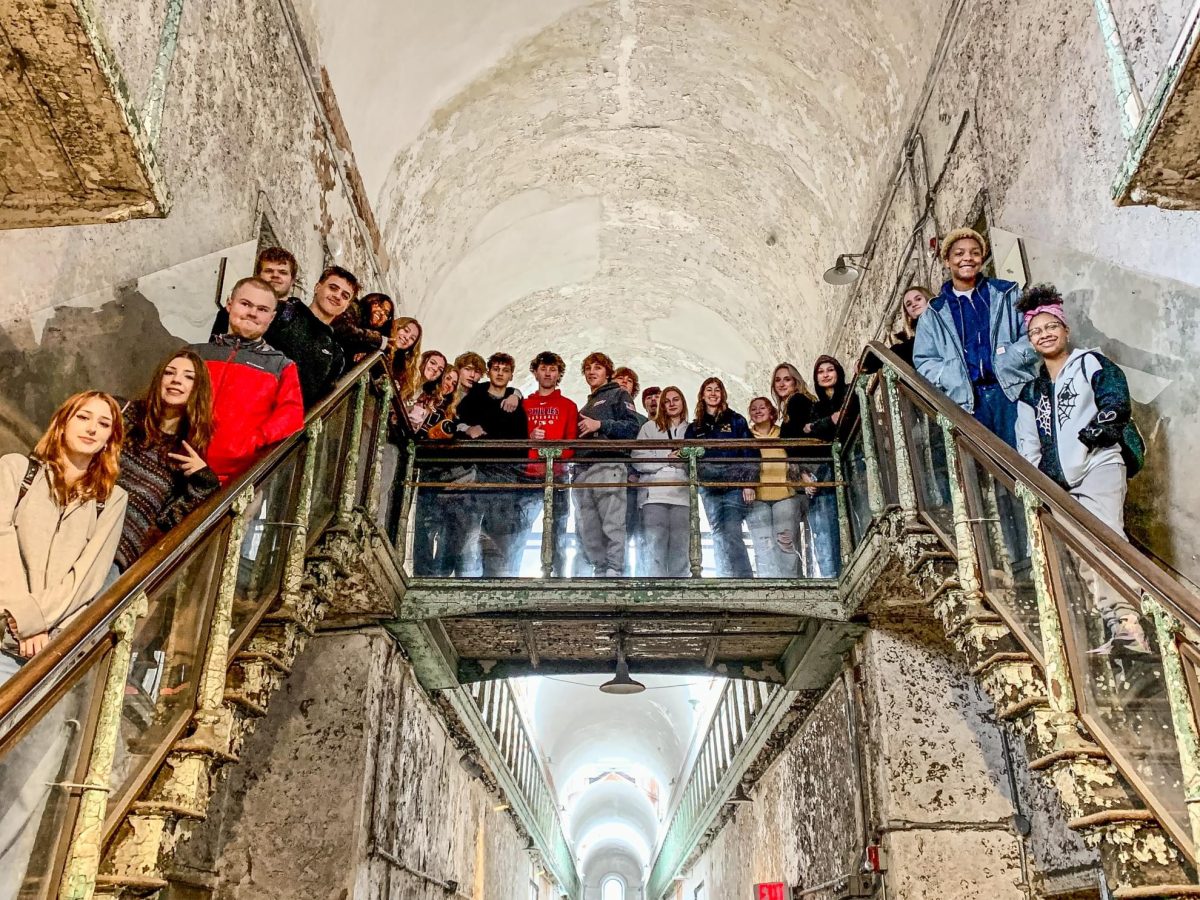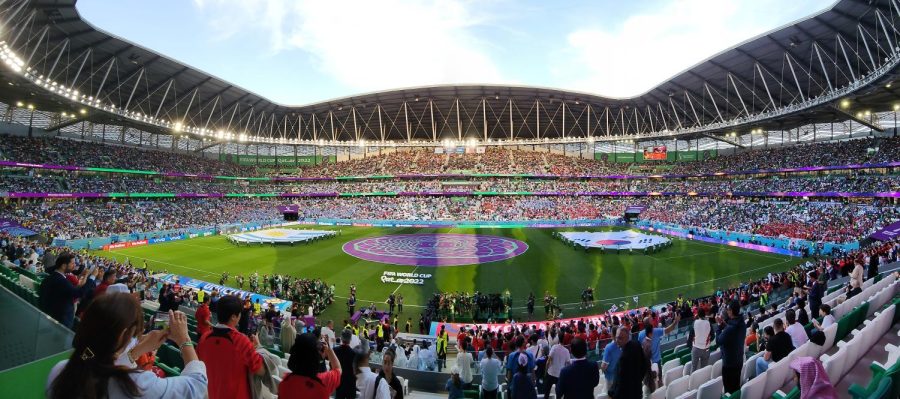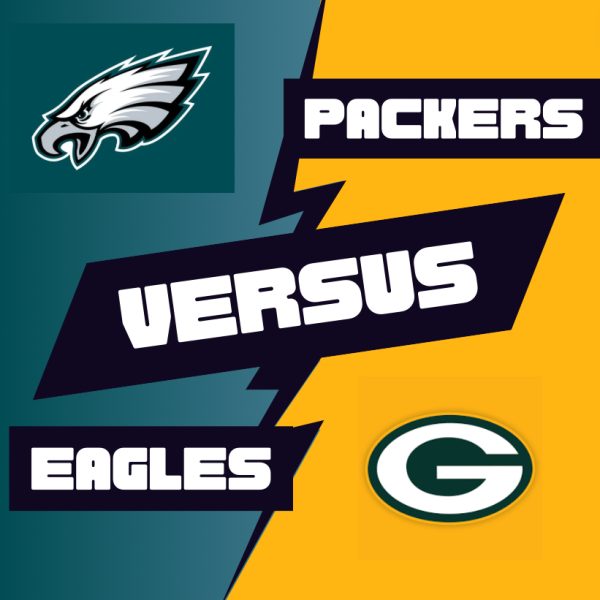Top talking points from the World Cup group stage
Photo via Wikimedia Commons under Creative Commons license
2022 World Cup match between South Korea and Uruguay.
The 2022 World Cup in Qatar kicked off on Sunday, Nov. 22.
Since then, the world has been provided with some of the best soccer seen in generations. There’s been excitement, drama, upsets and heartbreak (and it’s only been the first round of the tournament). Here’s five talking points from the group stage.
5. USA overcome Wales jitters to advance
Eight long (and painful) years after its last appearance, the Stars and Stripes finally returned to the World Cup, coached by former U.S. player Greg Berhalter. The second youngest team in the tournament, the U.S. certainly had the hopes of a nation pinned on its shoulders.

After being drawn in a group with England, Wales and Iran, the U.S. kicked off its World Cup campaign against the Welsh, who had last played in the World Cup in 1958. The Americans looked strong in the first half, and a goal scored by Timothy Weah put the team ahead. Unfortunately, the second half was disappointing, to say the least. Berhalter’s team looked sloppy and panicked under pressure, which resulted in Wales equalizing and the match ending in a draw.
After the conclusion of the match, several questions arose, such as the U.S.’s ability to perform at high levels and whether or not they were cut out for the tournament.
Next up was one of the tournament favorites: England. Hopes were not high for the Americans going into the match, but the U.S. completely turned the game on its head. From the get-go, the U.S. was sharp and energized, putting the English under pressure. Even though the game ended in a scoreless draw, the Americans certainly walked away with heads held high.
However, the job wasn’t done. Whether or not the U.S. would make it out of the group stage would come down to one match: Iran. This game managed to combine politics together with soccer given the two countries’ complicated history, and ended in a hard-fought win for Team USA. Christian Pulisic bravely absorbed a crunching hit in order to score the only goal as the U.S. prevailed 1-0.
The Americans would go on to face the Netherlands in the round of 16, losing 3-1 in a hard-fought match.
4. Belgium’s “golden generation” fail to shine
After taking the bronze in the last World Cup in Russia, hopes were high for the Red Devils. The team headed to Qatar certainly as one of the, if not the, strongest in its history, and the Belgians were serious contenders to be victorious in Qatar. With super-star players such as Kevin de Bruyne, Romelu Lukaku and Thibaut Courtois, it seemed likely–no, destined–that this tournament would be splendid for Roberto Martinez’s team.
But things did not go to plan.
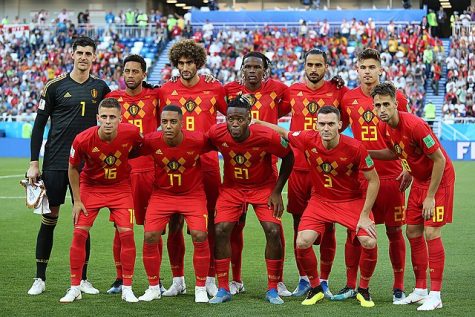
For the first phase of the tournament, Belgium was drawn in a group with Morocco, Croatia and Canada.
First up for Belgium was Canada. The game was a classic “smash and grab” operation; the Canadians had all the possession and attack, but, unfortunately, Alphonso Davies missed a penalty that made Canada drop its head. Then, against the run of play, a speculative long ball over the top just before halftime ended up in a goal for the Red Devils, and Belgium ground out the rest of the game for the win.
The game clearly depicted warning signs for Belgium. Compared to 22 shots for Canada, the Red Devils only had 9. There wasn’t too much concern, and the match was just regarded as a “bump in the road” for a team destined for greatness.
Belgium moved on to its next opponent: Morocco. Even after the Canada-scare, the Red Devils were projected to walk away with all three points. But quite the opposite occurred.
In a match for the history books, Morocco scored two goals towards the conclusion of the second half, and the Atlas Lions won its third-ever World Cup match.
Now, things were not looking good for Belgium. Even though Belgium had a majority of the ball, the team looked flat and failed to create. Whether or not Belgium would advance would come down to its final match against Croatia.
In the second half against Croatia, Lukaku came on to replace Dries Mertens. Lukaku proceeded to miss a series of critical opportunities to put Belgium ahead, and the match concluded in a scoreless draw. Belgium was out.
Belgium’s “golden generation” just wasn’t golden enough.
3. Samurai slash its way to the top
Thrust into the so-called “group of death” aside two contenders for the whole tournament, Germany and Spain, plus decent Costa Rica, Japan appeared to be in jeopardy, but instead, the “Samurai Blue” left the world shook.
To kick off its World Cup campaign, the Japanese squared off against Germany. The Germans dominated the first half, but the Japanese also did well on the ball and looked dangerous. Japan even scored, but the goal was deemed offside. Then, German, Ikay Gundogan, converted an ice-cool penalty before halftime to put the Germans up 1-0. Kai Havertz scored for Germany, too, but like Japan’s goal, it was also ruled offside.
To start off the second half, Japan’s coach, Moriyasu, subbed on Arsenal defender Takehiro Tomiyasu. Moriyasu made several more changes in the next forty-five, subbing in Mitoma (57), Asano (57), Doan (71) and Minamino (74). All five of these substitutes brought freshness and radiance to the field, which would prove vital.
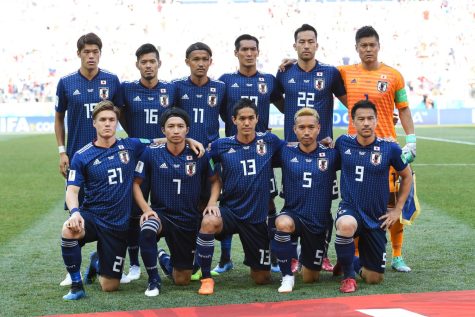
Toward the conclusion of the second half, it was all Japan. The equalizer came in minute 75, when Doan thumped in a rebound. Japan kept pressing on, and the comeback was complete in minute 83, when Asano received a cross on the wing, ran with it and seemingly went through German keeper Manuel Neuer to put Japan ahead. The match was a classic.
But that was just Japan’s first game. Next, the team faced Costa Rica and had some trouble. Late in the second half, after gaining the ball due to some horrendous Japanese defending, Kesher Fuller thrust the ball into the top corner, giving Costa Rica the win.
Finally, Japan would face Spain. Early in the first half, a header by Alvaro Morata gave the Spaniards the lead, and Spain appeared to be in full control. But the Japanese didn’t give up. In the 48th minute, Ritsu Doan’s strike equalized, and Japan was back in it.
But Japan was going for the win. That chance finally came in minute 51, when Tanaka headed in a cross. However, the goal was first deemed invalid, since the ball appeared to have gone out before it was crossed. Then VAR took a look, and the ball was deemed just inbounds at the time of the cross, and the goal stood.
That was enough for Japan to walk away with three points, and finish atop the “group of death.”
That was something nobody saw coming.
2. Germany crashes and burns (again)
The 2018 World Cup in Russia was a disaster for Germany, to say the least. In Russia, the Germans crashed out in group stage, finishing bottom of a group with Sweden, Mexico and South Korea.
But Qatar was supposed to be different. For one, Germany had a new coach: Hansi Flick. Flick, the former coach of German team Bayern Munich, is known to be one of the greatest coaches in the world. And having Flick, along with a star-studded squad, made the Germans a serious contender for the tournament. Even though they were thrown into the “group of death” with Spain, Japan and Costa Rica, the Germans were set to go far in Qatar.
But quite the opposite occurred.
Germany’s first match was against Japan, and the Germans were heavily favored to take all three points. The first half of the match was dominated by Germany, who was given the lead via an Ikay Gundogan penalty. Unfortunately for Germany, the game was a tale of two halves.
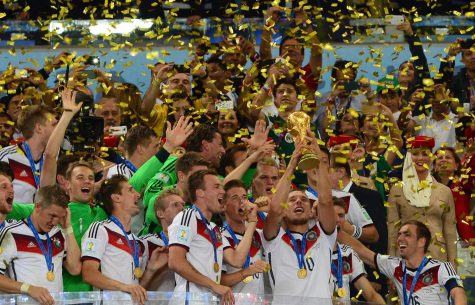
In the end, the Japanese subs brought on during the second half turned the match around, and two late goals by Japan led to Germany losing its second consecutive World Cup opener. Next up for Germany was tournament contender, Spain, who was riding high off a 7-0 thrashing of Costa Rica.
However, the match went well for the Germans, for the most part.
Antonio Rudiger scored a goal for Germany in the first half, but Rudiger was just offside, and the goal was deemed invalid. But Germany continued to play well, and the match was extremely competitive. Even after going down 1-0 mid-second half, Germany kept pushing, and eventually found an equalizer in the 83rd minute, when Niclas Fulkrug thumped a shot into the roof of the net.
The Germans even had a chance to win it in the closing moments of the game, but Leroy Sane missed a crucial chance to score. All in all, the game was a positive for Germany. The Germany that played against Spain was the Germany everyone had been expecting: the Germany that could lift the World Cup.
The Germans had one more opponent: Costa Rica. Germany took an early lead through a well-placed header by Serge Gnabry. In the second half, Costa Rica leveled the scoreline after picking up on a fumble by the German keeper.
A little over 10 minutes later, Costa Rica took the lead. Germany picked up the pace and rapidly searched for an equalizer, which was found in the 73rd minute through Kai Havertz, but to make it out of the group stage, a draw wouldn’t be enough. The Germans continued to pound Costa Rica, and another goal by Havertz, plus a goal by Fulkburg, made the final score 2-4, in favor of Germany.
Even though Germany had won, they were out. Due to Spain’s shocking loss to Japan, the Japanese would go on to finish top of the group, and Spain would just slip past Germany for second through their goal difference. Just like Russia, Qatar was not a tournament to remember for the Germans.
Crashing out of the group stage in two consecutive World Cups? Yikes.
1. Upsets goal-ore
This year’s World Cup has brought many things thus far. The most notable? The incredible upsets. Many of the matches played in the group stage will go down as some of the most spectacular in World Cup history.
The first real shocker arrived on the third day of the tournament, when Argentina kicked off against Saudi Arabia. Argentina, one of the favorites to lift the World Cup, quickly established a lead against the Saudis after Lionel Messi calmly slotted in a penalty around the 10 minute mark. Argentina continued to dominate, and had three goals disallowed in the first half due to tight offside calls.
But Saudi Arabia never lost spirit and continued to battle on. Early in the second half, the Saudis were able to level the scoreline, and just a few minutes later, took the lead through a spectacular goal by Salem Aldawasari. For the remainder of the game, Saudi Arabia fought ferociously to preserve its lead, and was in complete euphoria when the final whistle blew. The result was so incredible that the following day was proclaimed a national holiday in Saudi Arabia, with good reason.
The World Cup was just getting started. Morocco’s win over Belgium, and Japan’s victories against both Spain and Germany completely turned the tournament on its head, and now, it’s anyone’s game.
Luckily for soccer fans, the drama is far from over.
Your donation will support the student journalists of Delaware Valley Regional High School. Your contribution will allow us to attend conventions, purchase equipment and cover our annual website hosting costs.

Ellen Jordan is currently a freshman at Del Val. This is her first year writing for The Delphi. Ellen is involved with the high school soccer team and...






